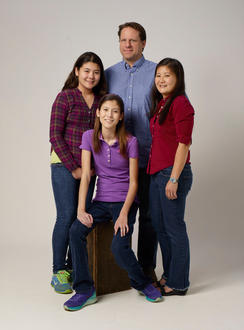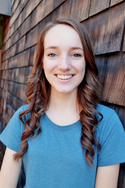

Nanocourse: Sarah's interview with Nathalie's Dad

admin
Share this post
Share on facebook
Facebook
Share on google
Google+
Share on twitter
Twitter
Share on linkedin
LinkedIn
Recent Posts
Categories
Subscribe
Get our quarterly update delivered straight to your email!

